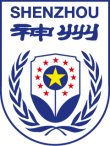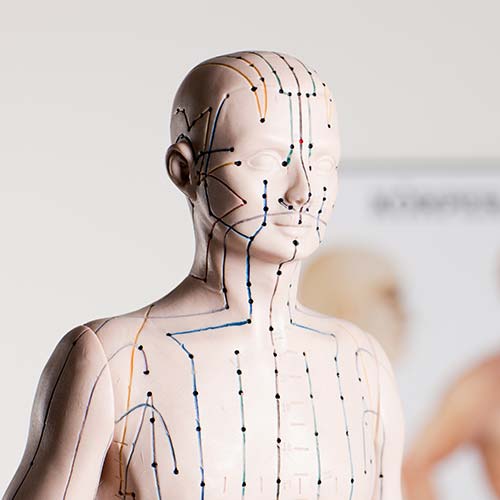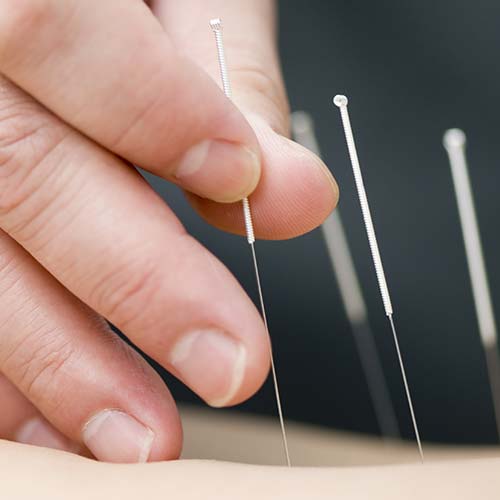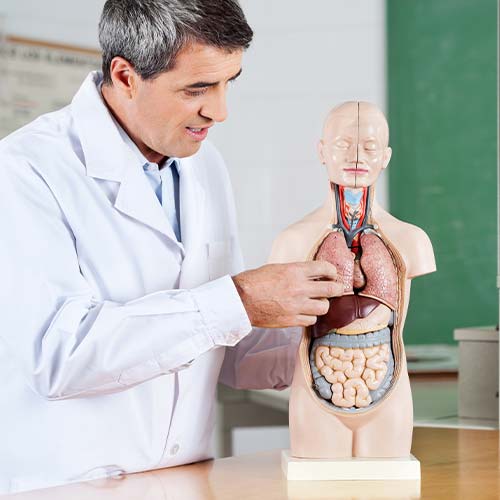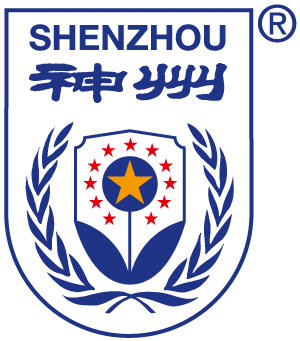Choosing a TCM Course merges ancient wisdom with today’s methods. It’s vital to pick a TCM course that will shape your abilities and beliefs. You’ll explore areas like acupuncture, herbal medicine, and tuina massage therapy. You will also learn how Western medicine can enhance TCM education. This path involves clinical practice, seminars, and online learning options. Selecting the right course will set the foundation for your success in TCM. Are you prepared to turn your TCM passion into a career as an acupuncturist?
Key Takeaways
- Identifying the TCM program that resonates with your healing philosophy and career goals is critical.
- Selecting the appropriate acupuncture program and tuition can influence the depth of your practical skills.
- Diving into herbal medicine studies can enhance your ability to customize treatments to your patient’s unique needs.
- Understanding the benefits of tuina massage Therapy can expand your repertoire, client base, and assist you in qualifying as a seasoned medicine practitioner.
- Awareness of how integrating western medicine can refine diagnosis and treatment plans is vital.
- Evaluating the availability and quality of clinical practice in TCM education helps secure essential hands-on experience.
- The choice between attending TCM seminars in-person or engaging with online and distance learning optionscan affect learning outcomes and professional networking.
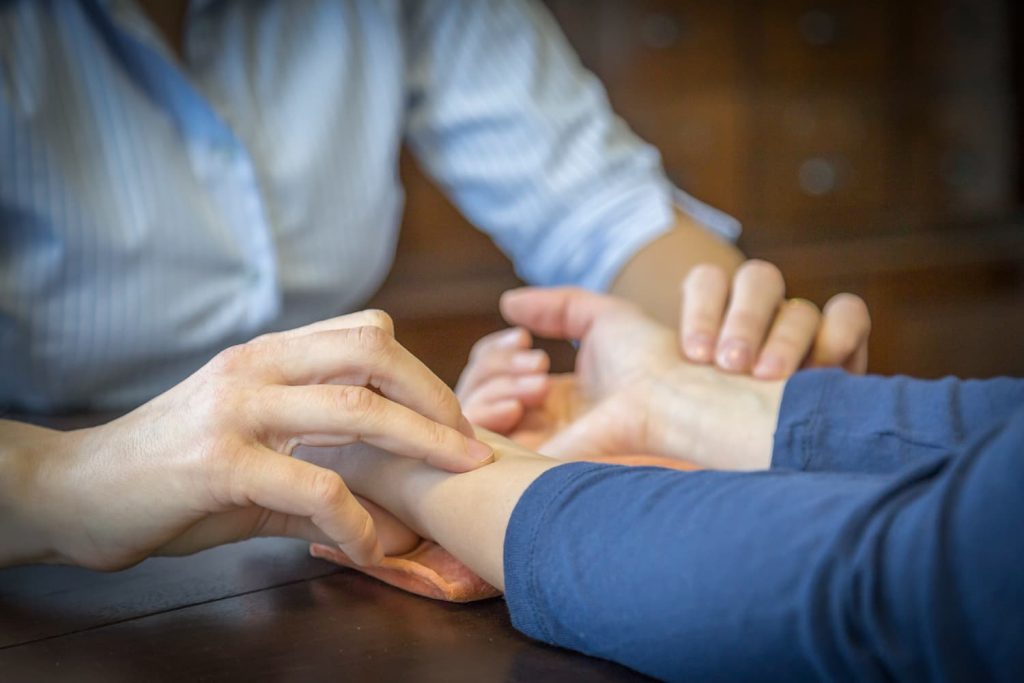
Understanding the Basics of Traditional Chinese Medicine Education
Starting your education in TCM education is like exploring a huge land filled with old wisdom and building a strong foundation for a career in Traditional Chinese Medicine. You’ll find it crucial to base your learning on the foundations of Chinese medicine. These aren’t just academic ideas but a blend of ancient Traditional Chinese Medicine principles.
Grasping Fundamental TCM Philosophies and Techniques
Learning TCM well means really understanding its key ideas like Yin and Yang, and Qi. These aren’t just theories—they’re the base of all TCM techniques. You’ll see these ideas in action in diagnosing, treating, and caring for patients holistically.
Importance of a Strong Foundation in Foundations of Chinese Medicine
Effective treatments like acupuncture and tuina massage depend on a solid grasp of TCM philosophies. This strong base helps in knowing how the body works and using TCM techniques for health. So, knowing the foundations of Chinese medicine well is vital for TCM students.
| Fundamental Concept | Description | Application in TCM Techniques |
|---|---|---|
| Yin and Yang | Dual forces that represent balance and harmony | Determining imbalances for targeted treatment approaches |
| Qi | The vital life force circulating in the body | Qi-enhancing methods such as acupuncture and tailored herbal formulas |
| Five Elements | Wood, Fire, Earth, Metal, Water – symbolic associations with bodily systems | Diagnosing elemental imbalances and corresponding organ relationships |
Remember, learning TCM is more than just school work; it’s a journey that connects with old wisdom. Keep the Traditional Chinese Medicine principles in mind always. They’ll guide you to healing others fully.

Acupuncture Program Selection: Building Your Skillset
Choosing the right acupuncture program is key for those wanting to combine ancient wisdom with modern skills in Traditional Chinese Medicine (TCM). It’s important to pick a program that teaches a wide range of acupuncture techniques. This ensures you can meet various health needs. A thorough TCM acupuncture education shares classical methods and new innovations in the field.
Top-notch acupuncture courses offer a mix of theory and practical experience. Hands-on practice under skilled mentors helps students grow confident and proficient. Let’s compare the essentials for a well-rounded acupuncture education:
| Curriculum Component | Description | Impact on Skill Development |
|---|---|---|
| Foundational Theories | Comprehensive study of TCM principles and meridian theory | Develop a strong theoretical base for understanding the mechanism of acupuncture |
| Point Location and Functions | In-depth coverage of precise point locations and associated therapeutic functions | Master the ability to accurately locate and utilize acupuncture points for effective treatment |
| Acupuncture Technique | Training in needle insertion, manipulation, and safety protocols | Refine hands-on skills in needling techniques to ensure patient comfort and treatment efficacy |
| Clinical Observation and Internship | Supervised clinical practice with real patient scenarios | Translate knowledge into practice; gain experience in patient communication and clinical reasoning |
| Integrated Treatments | Approaches for combining acupuncture with other modalities like moxibustion or cupping | Learn to create holistic treatment plans tailored to individual patient needs |
By blending rigorous teachings with hands-on training, choosing a solid acupuncture program prepares you for excellence in acupuncture techniques. This journey sets you on the path to becoming a respected TCM practitioner. The quality of the acupuncture courses you select plays a crucial role in your career growth, underlining the importance of your education in TCM.
Herbal Medicine Studies: Choosing the Right Path for Mastery
Exploring herbal medicine studies is a key step in learning about traditional Chinese medicine. It’s important to choose herbal medicine courses based on how deep the program goes, the range of herbs studied, and if it includes hands-on practice.
Studying TCM herbal medicine education takes you past basic knowledge. It turns ancient herbal wisdom into powerful healing tools. When picking a program, focus on what makes an educational experience in herbal medicine outstanding.
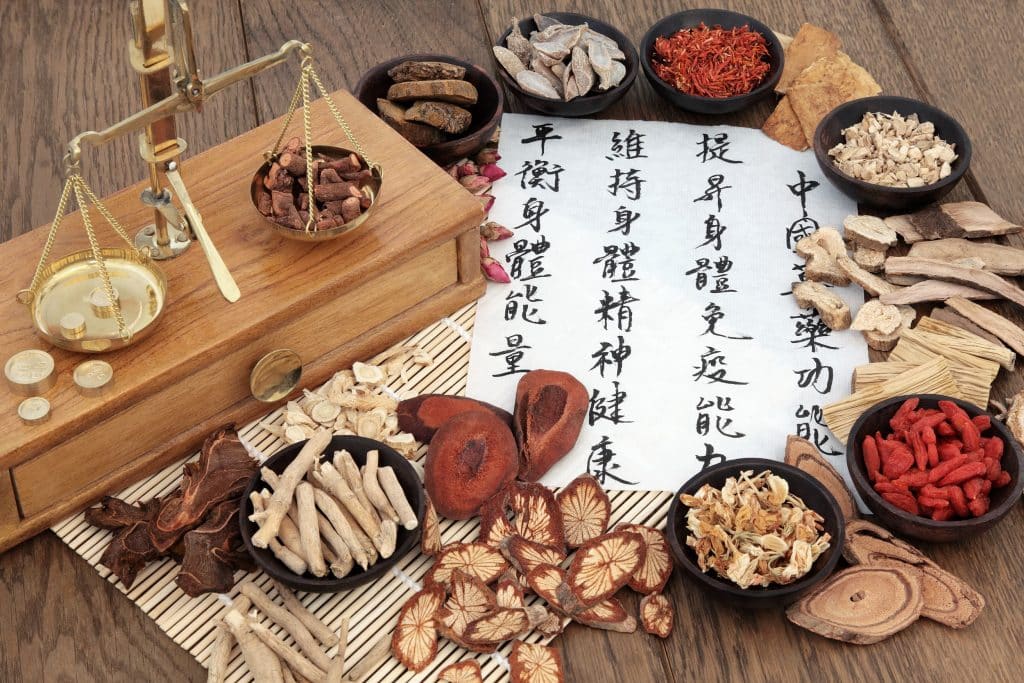
- Comprehensive Curriculum: Find programs that cover TCM theories and how they are used today.
- Quality of Materials: The herbs you study should be of high quality and diverse.
- Practical Experience: Your course should offer many chances to make and use herbal prescriptions.
Getting a formal education in traditional Chinese herbal medicine boosts your theory knowledge and practical skills. To help you decide, here’s a comparative analysis:
| Aspect | Significance in Herbal Medicine Education | What to Look For |
|---|---|---|
| Curriculum Content | A well-planned curriculum is key to a strong herbal medicine education. | Look for courses on diagnostics, materia medica, formulation, and case studies. |
| Quality of Herbs | The quality of herbs affects how well prescriptions work. | Choose courses that focus on organic and sustainably sourced herbs. |
| Hands-on Training | Practical skills boost your confidence in making herbal medicines. | Seek programs with clinics or labs for hands-on practice. |
Enhance your journey in herbal medicine by choosing the right educational path. Committing to herbal medicine studieshelps you grow into a skilled practitioner who can tap into nature’s healing powers.
Embarking on a Career with Tuina Massage Therapy
If you’re thinking about a future in Traditional Chinese Medicine, tuina massage therapy is a key skill. It’s rooted in ancient tradition yet fits perfectly in today’s health scene. This method does more than soothe the body; it reflects TCM’s whole-person health view. To stand out in wellness and healing, learning TCM massage education in tuina is essential.
Discovering Tuina Techniques and Applications
Starting your path in tuina massage therapy brings endless learning. You’ll dive deep into tuina techniques at the start. Tuina courses show how to mix movement, pressure, and energy channels to kickstart healing. These classes go beyond theory, teaching hands-on skills that adjust to how energy moves in the body.
Exploring the Efficacy of Tuina for a Diverse Clientele
Also, tuina massage’s benefits reach all kinds of people. It’s flexible, fitting for everyone from kids to seniors with their unique health needs. The art of tuina mixes strength and style, creating tailored treatments. This way, you can meet the varied needs of your clients.
Integrating Western Medicine into Your TCM Practice
Mixing western medicine foundation in TCM makes your healing methods more comprehensive. The blend of holistic and conventional medicine is key as more people seek integrative health care. Knowing the science behind human health from western medicine can enhance your TCM techniques. This combination is all about focusing on the patient to offer a richer healing journey.
Valuing the Foundations of Western Medicine Training in TCM
Adopting western medicine’s structured health approach can add a scientific dimension to your TCM practice, enhancing your qualifications as a medicine practitioner. It’s not about replacing TCM with western medicine, but rather enriching it. By understanding anatomy, physiology, and using modern diagnostics, you can better craft your TCM treatments. This melding of knowledge improves patient care by considering both visible and hidden health factors.
Blending Holistic and Conventional Approaches
Starting with TCM methods is great, but including western medical insights makes your practice stronger. This partnership between TCM and western medicine lets you offer deep, varied care plans. Patients want a blend of science-based and traditional care. Merging these worlds means healing not just the body, but also the mind and spirit, raising care standards.
| Aspect of Care | TCM Approach | Western Medicine Approach | Integrated Approach |
|---|---|---|---|
| Diagnosis | Pulse taking, tongue diagnosis | Laboratory tests, imaging | Complementary diagnostics for holistic understanding |
| Treatment Plan | Acupuncture, herbs, dietary therapy | Pharmacotherapy, surgery | Coordinated treatments to enhance efficacy |
| Preventive Care | Qi cultivation, lifestyle advice | Vaccinations, screenings | Preventive strategies for physical and energetic health |
| Patient Education | Teaching the principles of Yin-Yang and Qi flow | Disease mechanism explanation | Educational fusion for empowered self-care |
Joining TCM and western medicine creates a unique perspective, going beyond single-method treatments. As a practitioner, this approach lets you meet modern health needs more fully. This brings a perfect balance in care, combining holistic and conventional medicine. It meets every aspect of a person’s health needs.

TCM Program Choose: How to Decide the Best Course for You
Choosing the right TCM course requires a thoughtful approach. It should align with your career goals in Traditional Chinese Medicine (TCM). Each program has unique features, so you need to consider how these match your interests and ambitions. This way, you’re more likely to have a fulfilling career.
Aligning Your Interests and Career Goals with the Right Program
Start by thinking about what excites you most in TCM. Do you prefer acupuncture, herbal medicine, or something else? Look at how the curriculum of each program can help you reach your career goals. Identify the skills and knowledge you need. This will help you choose a course that fits your aspirations perfectly.
Evaluating Course Accreditations and Professional Standards
The importance of course accreditations in TCM is huge. Being accredited means the program meets high standards. It also affects your ability to work professionally. Research accreditation bodies in TCM. Check if your chosen courses are accredited. This ensures your education meets industry standards and helps you succeed.
Seeking Accreditation: Ensuring Your Education Meets Professional Expectations
Choosing the right path in Traditional Chinese Medicine (TCM) is crucial. TCM accreditation ensures your education aligns with high standards. Going for accredited TCM programs shows dedication to excellence. This can greatly impact your future in the field.
Accreditation involves a thorough review by TCM program accreditation organizations. These groups check many aspects to confirm programs meet top educational standards.
- Robust Curriculum: A cornerstone of accredited programs, where you learn the necessary skills and knowledge.
- Qualified Faculty: Instructors with the expertise and experience to guide you through your TCM journey.
- Learning Outcomes: Evaluation of whether the program produces competent practitioners who meet industry standards.
By choosing an accredited program, you boost your professional standing. Your education will be recognized and valued in healthcare. Seeking accreditation means you’re working towards becoming an expert in your field.
When you choose an accredited program, you align yourself with the best practices and ethical standards expected of TCM practitioners.
The field of Traditional Chinese Medicine is vast and always changing. As you explore this ancient healing art, let accreditation guide you. It ensures your education forms a strong base for a lifelong career.
The Role of Clinical Practice in TCM Education
Starting a journey in Traditional Chinese Medicine (TCM) education is exciting. The link between learning in class and becoming skilled is made through clinical practice. This key part takes students from just learning about TCM to hands-on experience. They work directly with patients while being guided. This isn’t just an extra part of their education—it is the foundation.
Securing Hands-on Experience through Internships
TCM clinical training helps students become competent in dealing with patients. TCM internships give them real situations to learn from. Students improve their skills and learn things they can’t from books alone.
Learning from Experienced TCM Practitioners
Mentorship is very important. While learning from TCM practitioners, students get wisdom, not just skills. In clinical practice in TCM education, they see how experts mix creativity with science. This way, they learn by seeing and doing, which makes them effective and confident.
| Internship Component | Skills Developed | Outcome for Students |
|---|---|---|
| Supervised Patient Interaction | Communication, Diagnosis, Patient Management | Enhanced patient rapport and diagnostic accuracy |
| Hands-on Treatment Practice | Acupuncture, Herbal Prescription, Tuina Technique | Proficiency in TCM treatment modalities |
| Case Study Analysis | Critical Thinking, Clinical Reasoning, Integrative Approach | Ability to develop comprehensive treatment plans |
| Mentorship Sessions | Professional Ethics, Business Acumen, Self-Reflection | Preparation for real-world practice and continuous professional development |
Benefits of Attending TCM Seminars and Ongoing Training
As a TCM practitioner, you know how crucial it is to keep learning. TCM is always changing, and seminars and training help you keep up. These events are not just about learning new things. They also help you meet other TCM professionals and feel part of a community.
Keeping Abreast with Advancements in the Field
TCM never stops evolving, with new research coming out all the time. By taking part in ongoing training, you stay up-to-date. You learn the latest in diagnosing, treating, and combining TCM with Western medicine. This knowledge can really make a difference in your work.
Networking with Peers and Making Connections
TCM seminars are great for more than just learning. They are a chance to meet and talk with other TCM professionals. You can share stories, talk about challenges, and build connections. These relationships can lead to partnerships, referrals, and a strong support network.
| Benefits of TCM Seminars | Ongoing TCM Training |
|---|---|
| Exposure to the newest TCM research | Deep dive into specialized TCM topics |
| Workshops featuring hands-on techniques | Regular updates on evolving TCM regulations |
| Connection with respected TCM experts | Continuous skill refinement and mastery |
| Discussions on TCM’s integration with other health disciplines | Access to advanced TCM certifications and credentials |
Using what you learn from these seminars and trainings can improve your care. So, take every chance to grow by attending TCM events and train continuously. Both your career and your patients will benefit.
Discovering the Online and Distance Learning Options for TCM Courses
The way we learn Traditional Chinese Medicine (TCM) is changing due to technology. Now, we have online TCM courses and distance learning TCM options available. These new methods make learning possible from anywhere. It’s important to consider the pros and cons of online TCM courses carefully. This helps ensure they meet your needs and fit your lifestyle.
Navigating the Pros and Cons of Online Traditional Chinese Medicine Courses
Choosing online TCM studies brings benefits like learning on your own schedule and no travel costs. However, it also requires you to be self-motivated and may offer fewer chances for hands-on learning. To help decide, here’s a list of main pros and cons:
| Pros | Cons |
|---|---|
| Flexibility to study anywhere, anytime | Potential lack of immediate feedback and interaction |
| Cost savings on commute and accommodation | Requires high self-discipline and motivation |
| Access to a wide range of resources and expertise | Less opportunity for hands-on practice |
| Ability to balance education with other responsibilities | Need for a reliable internet connection and tech setup |
Ensuring Quality Education and Training through Online Platforms
To ensure you get a top-quality education in online TCM courses, it’s key to check a few things. Look into the program’s accreditation, curriculum, and who’s teaching. You should also see how they deliver the lessons and support distance learners. If possible, ask about chances to practice TCM skills through internships or workshops. This approach can help make your online learning experience richer and more interactive.

Preparing for TCM Certification and Exams
The path to becoming a certified TCM practitioner involves deep engagement with TCM exam preparation. You’ll need to understand thoroughly the TCM certification process. Facing tough TCM exams, having the right strategies for TCM certification is vital for success.
Understanding the Certification Process for TCM Practitioners
To earn TCM certification, you’ll go through a detailed process. This proves your skill and commitment to traditional Chinese medicine. It’s important to know the prerequisites, documentation, and TCM exams structure well.
Strategies for Successful TCM Exam Preparation
Developing a solid plan for TCM exam preparation is key. Consider making a study plan, reviewing regularly, and doing practice exams. This careful preparation leads to success in achieving TCM certification.
| Preparation Strategy | Benefits |
|---|---|
| Detailed Study Schedule | Structures your preparation time and ensures comprehensive coverage of all topics. |
| Practice Exams | Simulates exam conditions, aids in time management, and identifies areas needing improvement. |
| Review Groups | Facilitates discussion, deepens understanding, and provides peer support. |
| Stress Management Techniques | Boosts mental clarity, focus, and overall well-being leading up to the exam. |
| Professional TCM Exam Prep Courses | Offers targeted learning, expert guidance, and reinforces key concepts for the exam. |
Conclusion
In Traditional Chinese Medicine (TCM), choosing a course is a big step. It’s essential to understand the program deeply. This includes its curriculum, how much hands-on training you get, its accreditation, and chances for real clinical practice. These factors shape a strong education in TCM. Making the right choice prepares you for a successful career. It also means finishing with personal pride and respect in the field.
As you aim to be a TCM practitioner, remember, it’s about aligning education with your healing passion. You must balance ancient wisdom with today’s health needs. So, when picking your course, think about how it’ll let you offer caring, effective alternative treatments.
Choosing the right TCM course sets you up for a future filled with opportunities. Your knowledge in Traditional Chinese Medicine will lead to impactful health care roles. Your quest for learning shows a path to improving lives and starting a fulfilling career. Take this responsibility seriously, and you’ll see the value of every choice you’ve made in this journey.
FAQ
What are some important tips for choosing a TCM course?
When picking a TCM course, think about the lessons it covers, the hands-on training it offers, and how it can build a strong foundation for your career in Traditional Chinese Medicine. Look into its accreditation and the chances it gives for clinical practice.
What fundamental philosophies and techniques should I grasp in TCM education?
Knowing the basic ideas and methods, like Yin and Yang, Qi, and the Five Elements, is key. These concepts are the pillars of TCM learning.
Why is a strong foundation in the foundations of Chinese medicine important?
Having a deep understanding of Chinese medicine’s basics strengthens your TCM education. It helps in grasping the techniques and principles employed in Traditional Chinese Medicine.
What should I consider when selecting an acupuncture program?
Choosing an acupuncture program means considering its teachings and how it conducts lessons. It’s important to know about the hands-on training and if there are skilled teachers.
What should I consider when choosing a program for herbal medicine studies?
In herbal medicine studies, the course content, quality of herbs provided, and hands-on training focus matter a lot. Consider these aspects carefully.
What should I consider when embarking on a career with tuina massage therapy?
For a career in tuina massage, pick a program that teaches many techniques. Also, see how it addresses tuina’s benefits for different clients and can help others build a strong foundation in their career in traditional Chinese medicine.
How can integrating western medicine enhance my TCM practice?
By adding western medicine to your TCM practice, you offer a well-rounded care. It helps in working together with professionals from various healthcare areas.
How can I decide on the best TCM course for me?
To find the best TCM course, align your interests and goals with the program’s teachings. Check the accreditations and standards it meets.
Why is accreditation important for TCM education?
Getting your TCM education accredited ensures your learning meets professional levels. It shows the quality of education you’re getting.
How important is clinical practice in TCM education?
Clinical practice is vital in TCM learning. It lets students use their theory knowledge in real cases. This practice improves their skills in diagnosing and treating.
What are the benefits of attending TCM seminars and ongoing training?
Going to TCM seminars and ongoing training keeps practitioners up-to-date. It’s also a chance to meet others in the TCM world.
What should I consider when exploring online and distance learning options for TCM courses?
Look at the advantages and disadvantages of online TCM courses. Make sure they provide a solid education and hands-on training.
How can I prepare for TCM certification and exams?
To get ready for TCM certification and exams, understand the certification steps to become a graduate of a recognized acupuncture school or program. Also, find good strategies for acing the exams.
